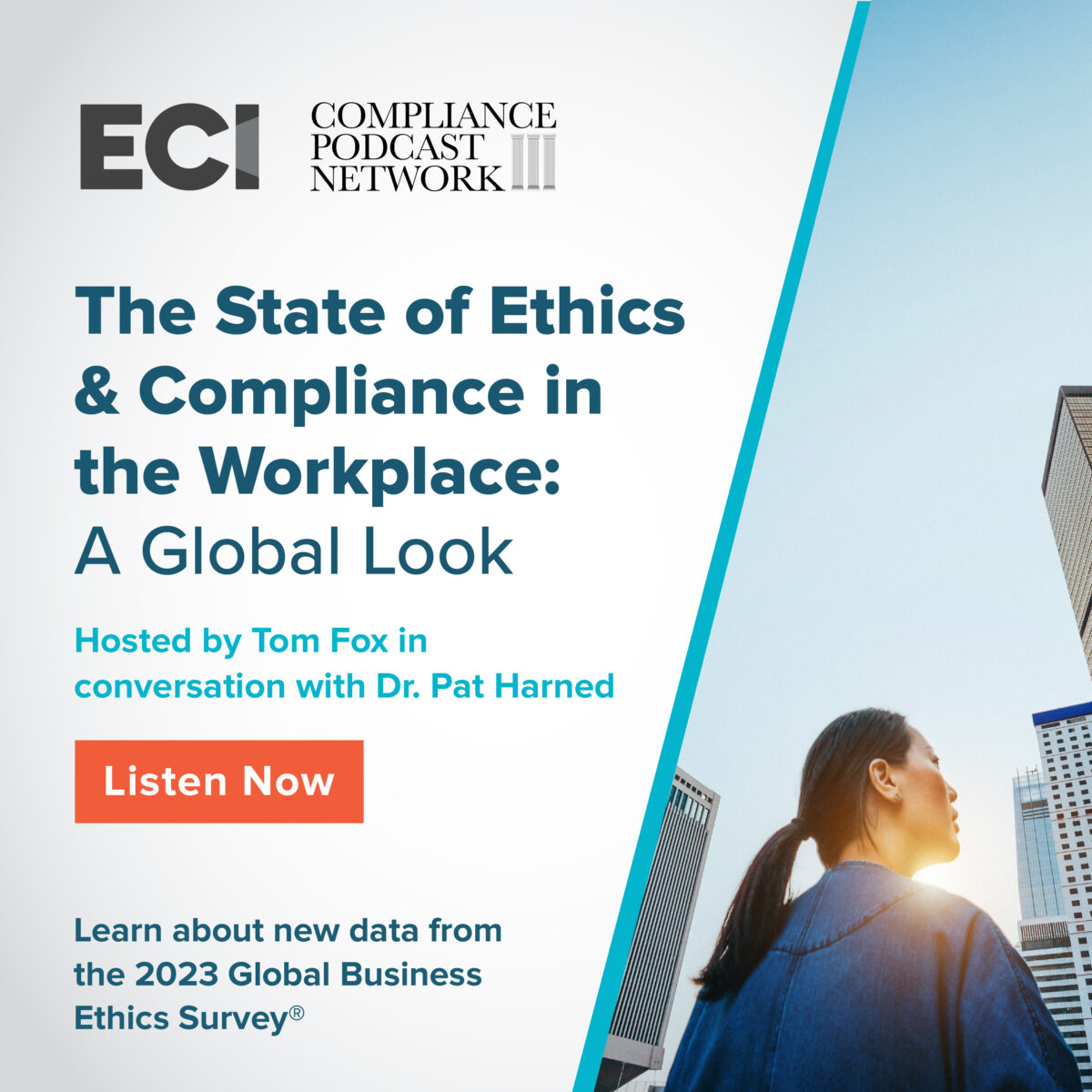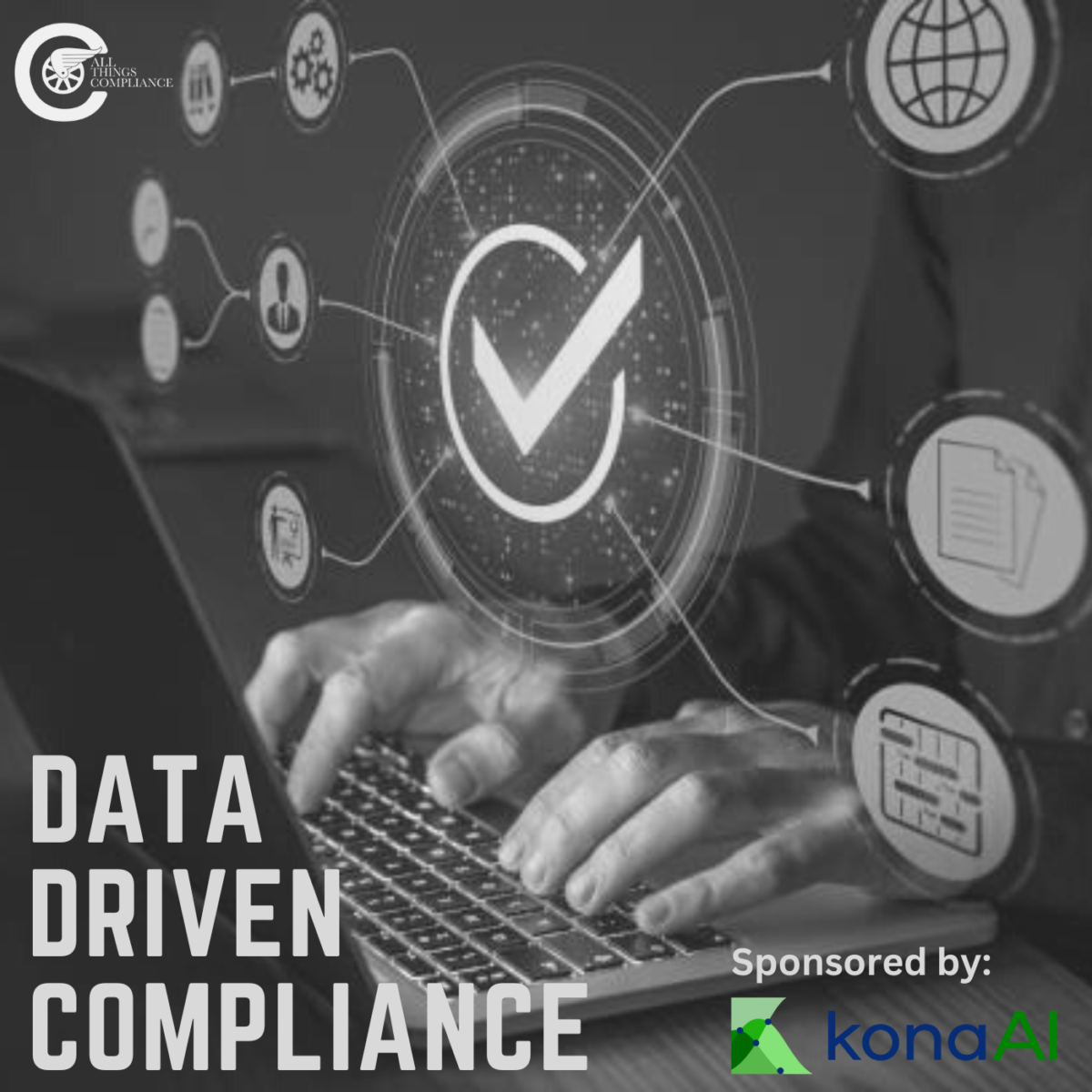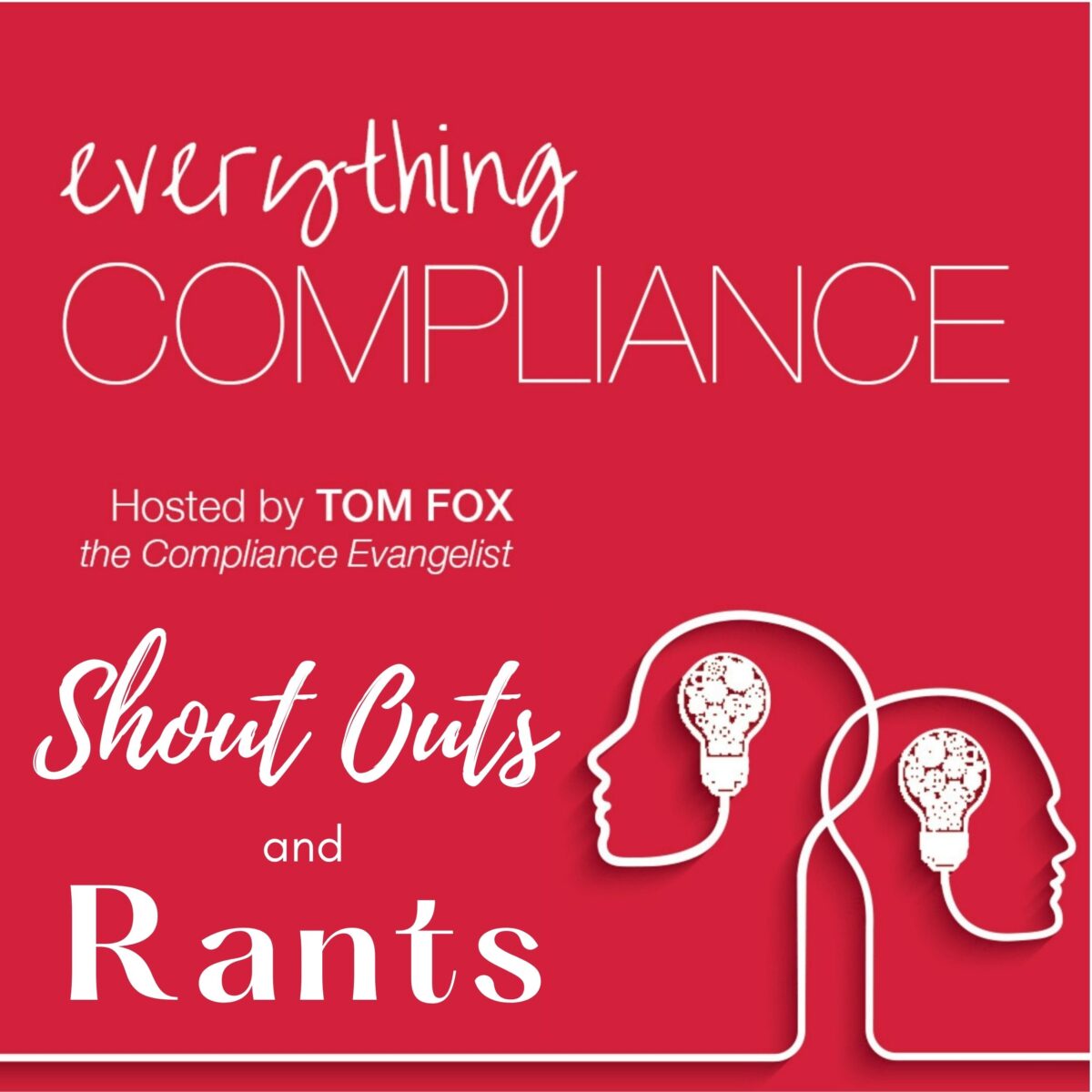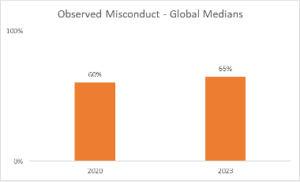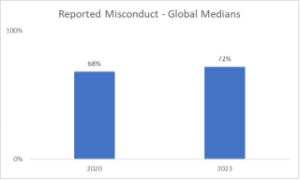Over the past several blog posts, I have been exploring the Albemarle FCPA enforcement action. We have explored in some detail the DOJ Non-Prosecution Agreement (NPA) and the SEC Administrative Order(Order). In this final blog post on the series, I want to suss out some lessons for the compliance professional.
Consequence Management
When Kenneth Polite announced the Pilot Program in conjunction with the 2023 Evaluation of Corporate Compliance Programs (ECCP), the focus was largely on clawbacks. However, the relevant section in the ECCP was entitled “Consequence Management,” indicating a broader focus on both incentives to do business ethically and in compliance as well as disincentives. The ECCP asked a series of questions:
- Has the company considered the impact of its financial rewards and other incentives on compliance?
- Has the company evaluated whether commercial targets are achievable if the business operates in a compliant and ethical manner?
- What role does the compliance function have in designing and awarding financial incentives at senior levels of the organization?
- How does the company incentivize compliance and ethical behavior? What percentage of executive compensation is structured to encourage enduring ethical business objectives?
- Are the terms of bonus and deferred compensation subject to cancellation or recoupment, to the extent available under applicable law, in the event that non-compliant or unethical behavior is exposed before or after the award was issued?
- Does the company have a policy for recouping compensation that has been paid where there has been misconduct?
- Have there been specific examples of actions taken (e.g., promotions or awards denied, compensation recouped, or deferred compensation canceled) as a result of compliance and ethics considerations?
The NPA noted that Albemarle engaged in holdbacks, as they did not pay bonuses to certain employees involved in the conduct or those who had oversight. The NPA stated, “The Company withheld bonuses totaling $763,453 during its internal investigation from employees who engaged in suspected wrongdoing.” The illegal conduct involved those who “(a) had supervisory authority over the employee(s) or business area engaged in the misconduct; and (b) knew of, or were willfully blind to, the misconduct.” The significance of this effort was vital as it qualified Albemarle for an additional fine reduction of a dollar-for-dollar credit of the amount of the withheld bonuses under the Criminal Division’s March 2023 Compensation Incentives and Clawbacks Pilot Program.
Indeed, Deputy Attorney General Lisa Monaco, in a recent speech, said, “The pilot program also rewards companies that claw back or withhold incentive compensation from executives responsible for misconduct – or attempt to do so in good faith. For every dollar that a company claws back or withholds from an employee who engaged in misconduct – or a supervisor that knew of or turned a blind eye to it – the Department will deduct a dollar from the otherwise applicable penalty that the resolving company would pay.”
She specifically cited the Albemarle FCPA resolution, where “the company received a clawback credit for withholding bonuses of employees who engaged in misconduct. Not only did Albemarle keep the bonuses that would have gone to wrongdoers, but the company also received an offset against its penalty for the same amount. That’s money saved for Albemarle and its shareholders – and a concrete demonstration of the value of clawback programs.”
Remediation During Investigation
The NPA cited several remedial actions by the company that helped Albemarle obtain the superior result in terms of the discounted fine and penalty. These steps were taken during the pendency of the DOJ investigation so that when the parties were ready to resolve the matter, Albemarle had built out an effective compliance program and had tested it. The NPA provided that Albemarle:
- Strengthening its anti-corruption compliance program by investing in compliance resources, expanding its compliance function with experienced and qualified personnel, and taking steps to embed compliance and ethical values at all levels of its business organization;
- Transformed its business model and risk management process to reduce corruption risk in its operation and to embed compliance in the business, including implementing a go-to-market strategy that resulted in eliminating the use of sales agents throughout the Company, terminating hundreds of other third-party sales representatives, such as distributors and resellers, and shifting to a direct sales business model;
- Provided extensive training to its sales team and restructured compensation and incentives so that compensation is no longer tied to sales amounts;
- Used data analytics to monitor and measure the compliance program’s effectiveness and
- We are engaged in continuous testing, monitoring, and improvement of all aspects of its compliance program, beginning almost immediately following the identification of misconduct.
Two of the factors are relatively new and certainly are noteworthy for the compliance professional. The first is the change in the company’s approach to sales and their sales teams. Obviously, it was corrupt third-party agents that brought the company to such FCPA grief. Many of the quotes in the NPA and Order make it clear that Albemarle executives had an aversion to paying bribes but had greater moral flexibility when a third-party agent was involved. This led to the company moving away from third-party agents to a direct sales force.
Moving to a direct sales force does have its risks, which must be managed, but those risks can certainly be managed with an appropriate risk management strategy, monitoring of the strategy, and improvement; those risks can be managed. Yet there is another reason, and more importantly, a significant business reason, to move towards a direct sales business model. Every time you have a third-party agent or anyone else between you and your customer, you risk losing that customer because your organization does not have a direct relationship with the customer. By having a direct sales business model, your organization will have a direct relationship with your customer and, therefor, the ability to develop it further.
The NPA also specifically called out the Company’s use of data analytics in two ways. The first was to monitor the Company’s compliance program, and the second was to measure the compliance program’s effectiveness. While this language follows a long line of DOJ pronouncements, starting with the 2020 Update to the Evaluation of Corporate Compliance Programs, about the corporate compliance functions’ access to all company data, this is the first time it has been called out in a settlement agreement in this manner. Moreover, although not specifically tied to the lack of a required corporate Monitor, it would appear that by using data analytics, Albemarle was able to satisfy the DOJ requirement for implementing controls and then effectively testing them throughout the pendency of the DOJ investigation.
Internal Controls Over Commission Increases
According to the SEC Order, the Company failed to devise and maintain a sufficient system of internal accounting controls with respect to commission rates and deviations from contracted rates. In other words, even though there were internal controls in place for the setting of third-party agents’ commissions, they could be overridden at will. The Order concluded by noting, “As a result, sales personnel were able to increase agents’ commission rates in multiple countries – including Vietnam, India, China, and UAE – despite certain Albemarle personnel having knowledge of red flags indicating the agents would use a portion of the commission to make bribe payments to obtain contracts, influence tender specifications, or obtain nonpublic information concerning competitors’ bids.”
Every compliance professional should review their company’s controls over agents’ commission rates to make sure the business unit personnel alone cannot raise commission rates. While business units can always make the business case, this enforcement action drives home the message that the compliance function is not ‘one and done’ when an agent is approved but must be monitored throughout the third-party relationship lifecycle. Any requested change to a commission rate must go through the same analysis and approval process as the original approval.
Timely Self-Disclosure
There was a significant discussion in the NPA around Albemarle’s voluntary self-disclosure to the DOJ. However, NPA noted that “the disclosure was not “reasonably prompt” as defined in the Criminal Division Corporate Enforcement and Voluntary Self-Disclosure Policy and the U.S. Sentencing Guidelines.” The NPA reported that Albemarle learned of allegations regarding possible misconduct in Vietnam approximately 16 months before disclosing it to the DOJ. Interestingly, the SEC Order only stated, “Albemarle made an initial self-disclosure to the Commission of potential FCPA violations in Vietnam following its completion of an internal investigation of such conduct and, at the same time, self-reported potential violations it was investigating in India, Indonesia, and China. Albemarle later self-disclosed to the Commission potential violations in other jurisdictions as part of an expanded internal investigation.”
This meant the self-disclosure “was not within a reasonably prompt time after becoming aware of the misconduct in Vietnam,” and it means that Albemarle did not meet the standard for voluntary self-disclosure under the Criminal Division Corporate Enforcement and Voluntary Self-Disclosure Policy. While the DOJ “gave significant weight” to the Company’s voluntary, even if untimely, disclosure of the misconduct, it is undoubtedly cautionary.
What the DOJ wants is self-disclosure as soon as possible. One only needs to recall the case of Cognizant Technologies, where the company received a complete Declination where there were allegations of C-Suite involvement in the bribery schemes. This Declination was provided in large part because the company made its self-disclosure only two weeks after the information filtered up to the Board of Directors. While Cognizant Technologies may be the gold standard, it shows that if a company timely self-discloses, it can be considered for a full Declination.
The Albemarle FCPA resolution documents are chocked full of solid information that every compliance professional can use in the future. They are well worth a deep dive—finally, a kudos to Albemarle for obtaining this superior result.



